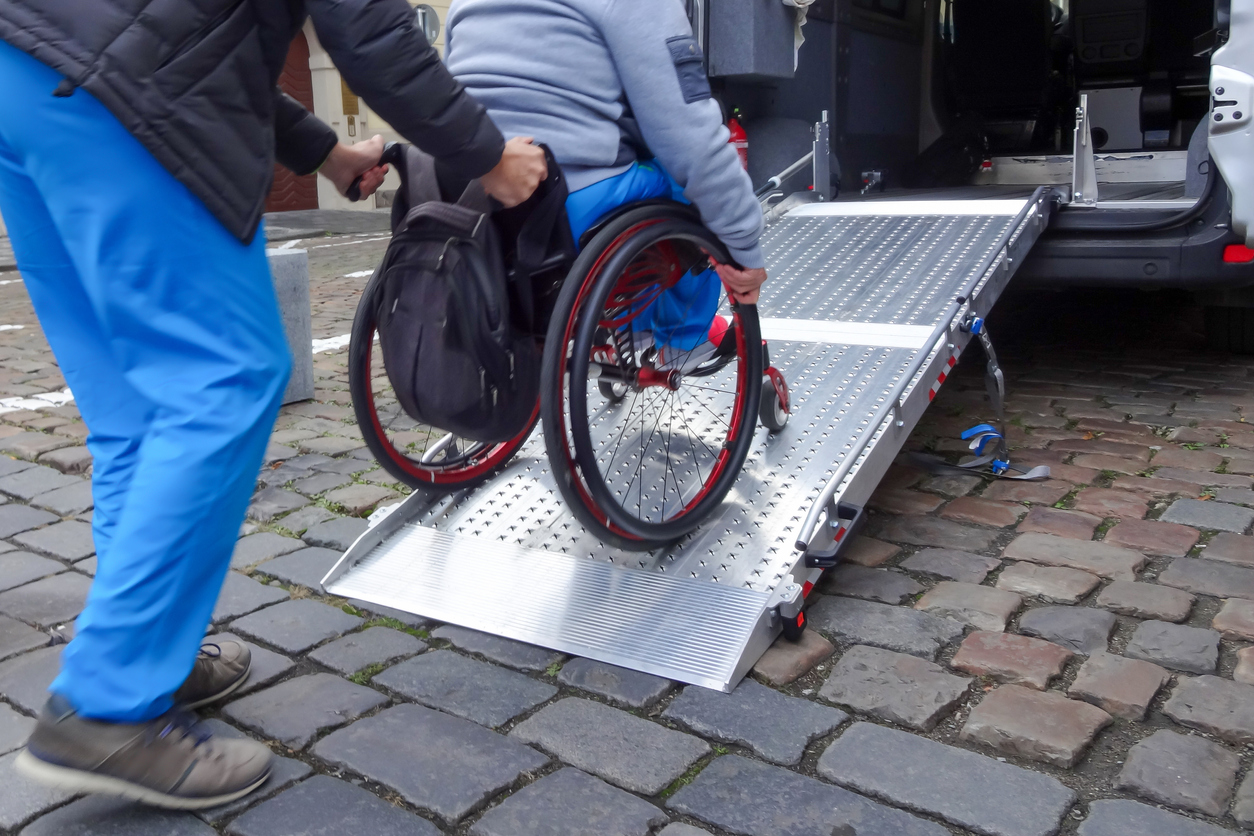When you are unable to work due to a disability, Social Security Disability (SSD) benefits can make a big difference in your ability to make ends meet – and they do. In fact, the Social Security Administration (SSA) reports that over 10 million people are currently receiving Social Security disability benefits. But how do you know whether your medical condition qualifies you to receive them too?
It’s important to understand that no one is guaranteed to receive SSD benefits because they have any one condition. However, according to the SSA, there are five specific categories into which those who receive benefits fall:
1. Musculoskeletal System and Connective Tissue
The largest number of individuals who receive disability benefits do so because they have a disability-related to the musculoskeletal system and connective tissue. Conditions of this nature can affect an individual’s ligaments, nerves, muscles, and/or tendons. Some common SSD conditions that fall into this category include:
- Rheumatoid arthritis
- Fibromyalgia
- Degenerative disc disease
- Scoliosis
- Spinal disorders
2. Nervous System and Sense Organs
Conditions of the nervous system and sense organs are those, which commonly affect one’s memory and ability to complete daily activities. Common SSD conditions that fall into this category include:
- Parkinson’s Disease
- Chronic Fatigue Syndrome
- Neuralgia
- Sciatica
- Blindness
- Deafness
3. Cancers
Certain people will develop abnormal tissue masses, known as tumors, during their lifetime. These tumors can either be benign (non-cancerous) or malignant (cancerous). Individuals with cancer are sometimes eligible to receive SSD benefits. Common types of cancers that SSD recipients have to include mesothelioma and lung cancer.
4. Cardiac and Circulatory Disorders
Cardiac and circulatory disorders are those that affect how the blood flows to the heart and the body. Common cardiac and circulatory disorders that are approved for SSD benefits include:
- Hypertension (high blood pressure)
- Arrhythmia (abnormal heart rhythm)
- Congenital heart defects
- Coronary artery disease
- Angina
5. Mental Disorders
Another category of conditions for which people receive SSD benefits is mental disorders. In order for someone with a mental disorder to qualify for SSD benefits, it must first:
- Be diagnosed by a medical professional; and
- Severely limit a person’s ability to operate on his or her own.
However, even if the mental disorder meets the above requirements, it still always depends on the specifics of each case. Common mental disorders that are approved for SSD benefits include:
- Anxiety
- Depression
- Panic attacks
- Post-Traumatic Stress Disorder (PTSD)
- Autism/Asperger’s syndrome
- Schizophrenia
- Organic brain syndrome
It’s important to understand that while having any one of these conditions may make you eligible to receive SSD benefits, the existence of one does not automatically mean that you will be eligible. As stated, every case is different and based upon its own facts and circumstances. To see an extensive list of qualifying medical conditions and evaluation factors, you can check out the SSA’s website.
The Las Vegas SSD Attorneys at Roeschke Law, LLC Can Help
If you or a loved one is struggling with a disability that prevents you from working, you may not know how to proceed. Fortunately, the attorneys at Roeschke Law, LLC can help. We understand the impact that a disability can have on your physical, emotional, and financial health. That’s why it’s our mission to help you. To learn more, or to schedule a consultation, contact us today!
